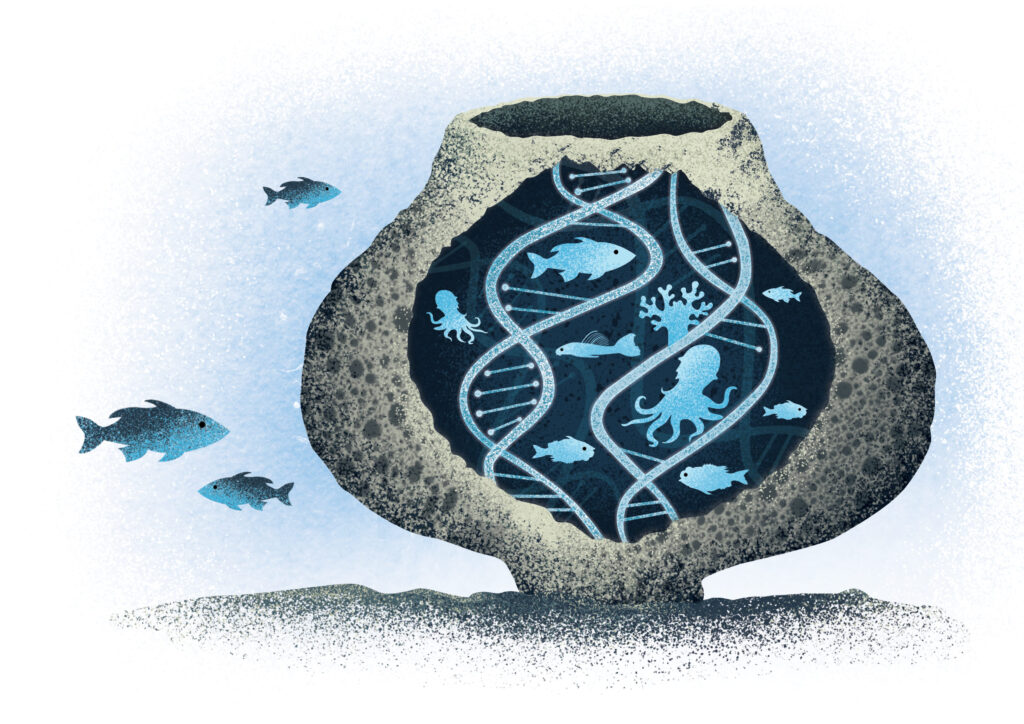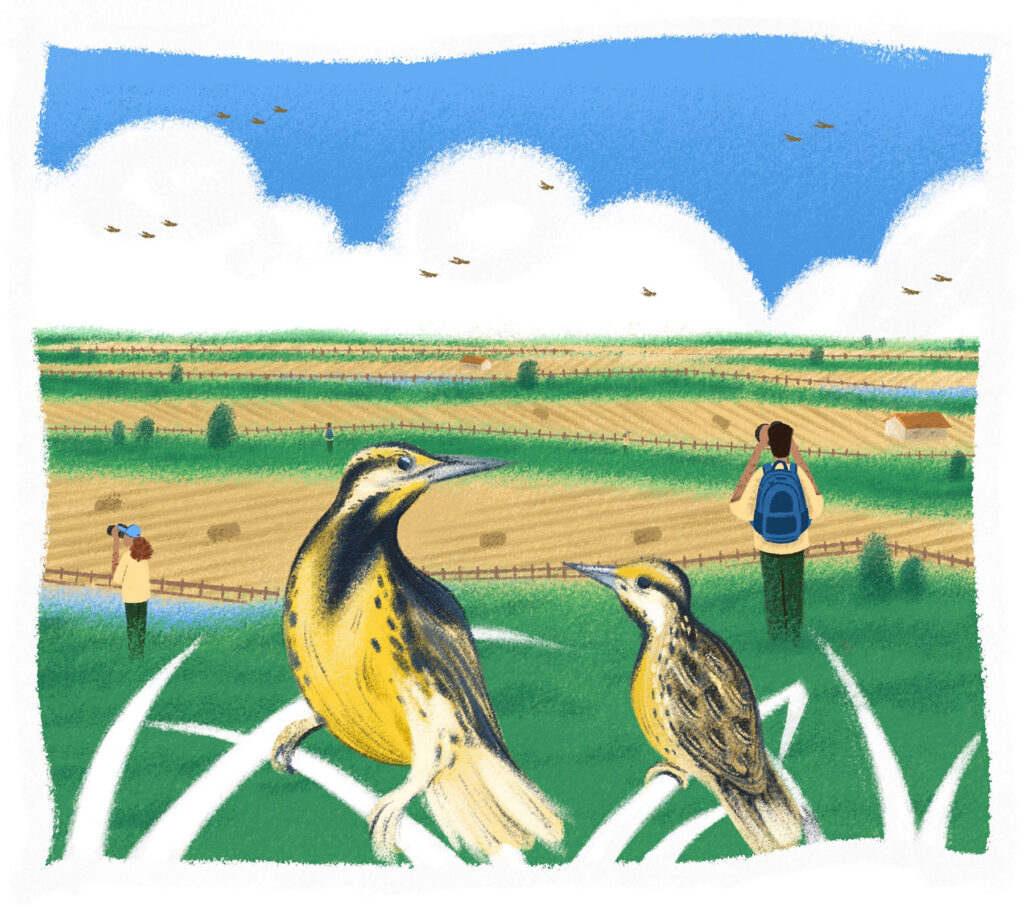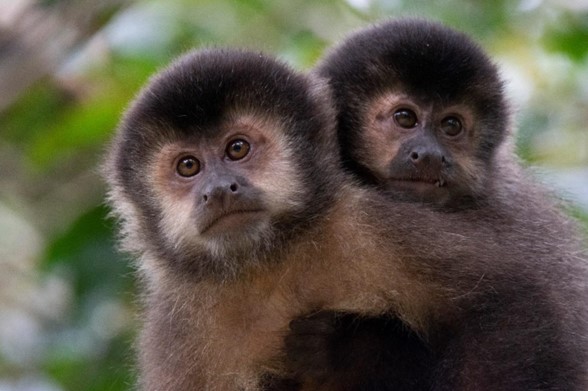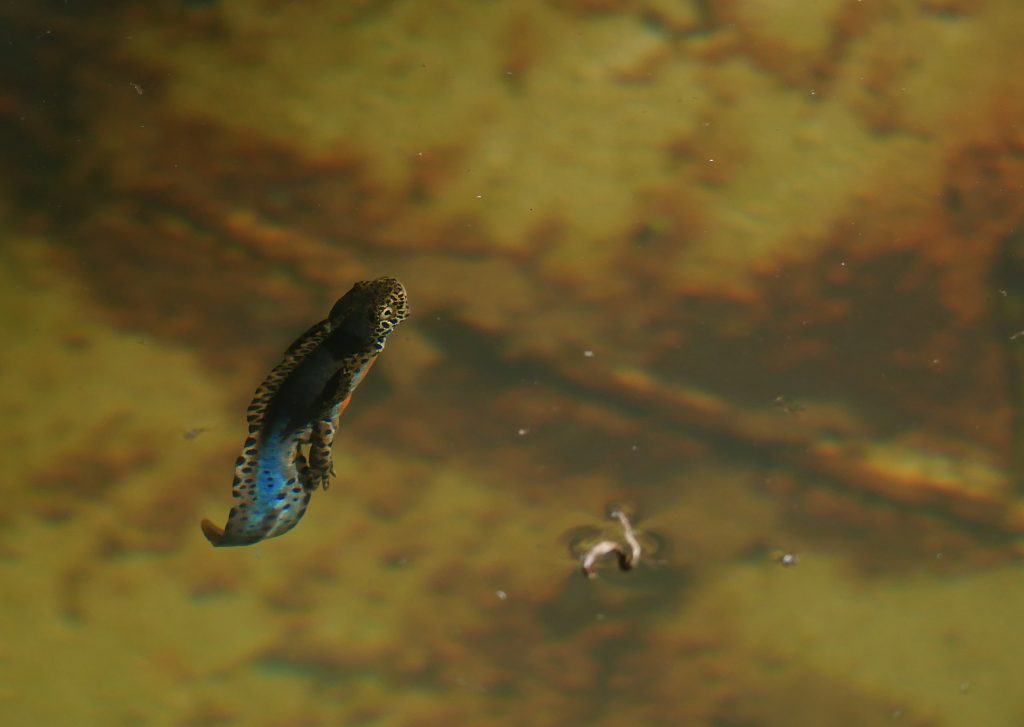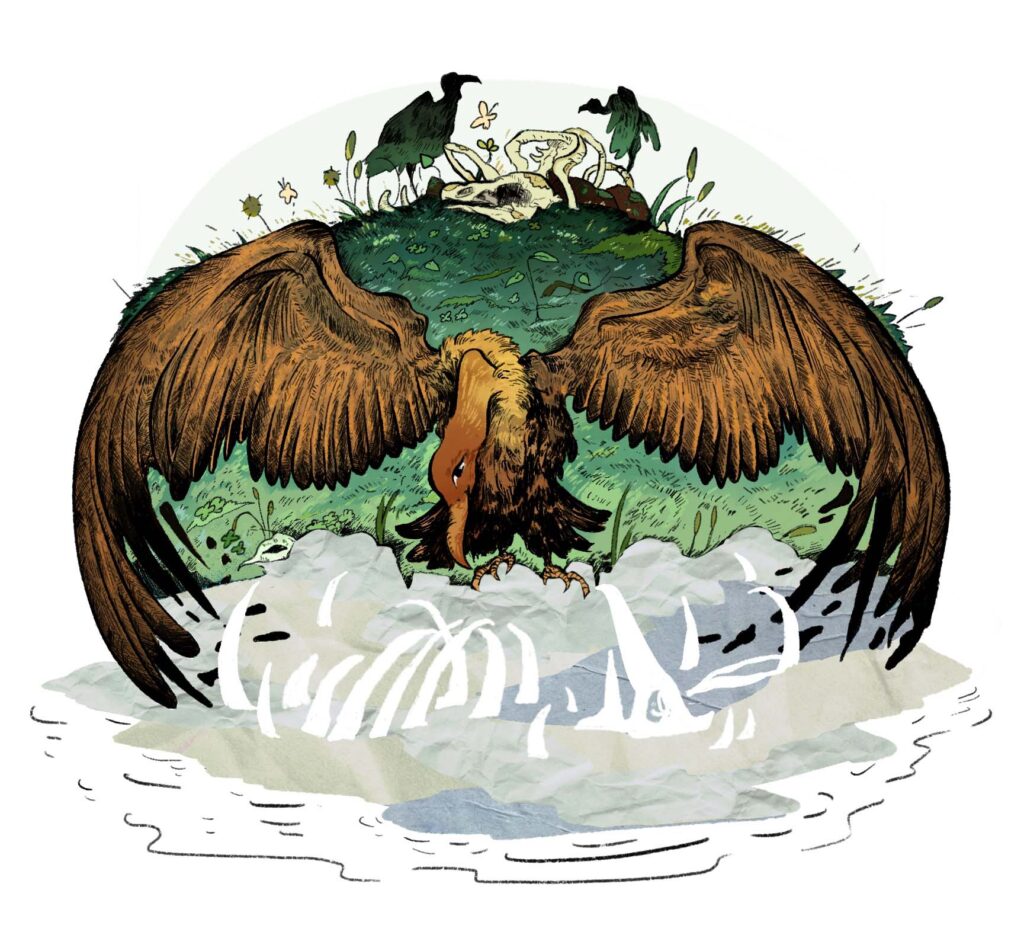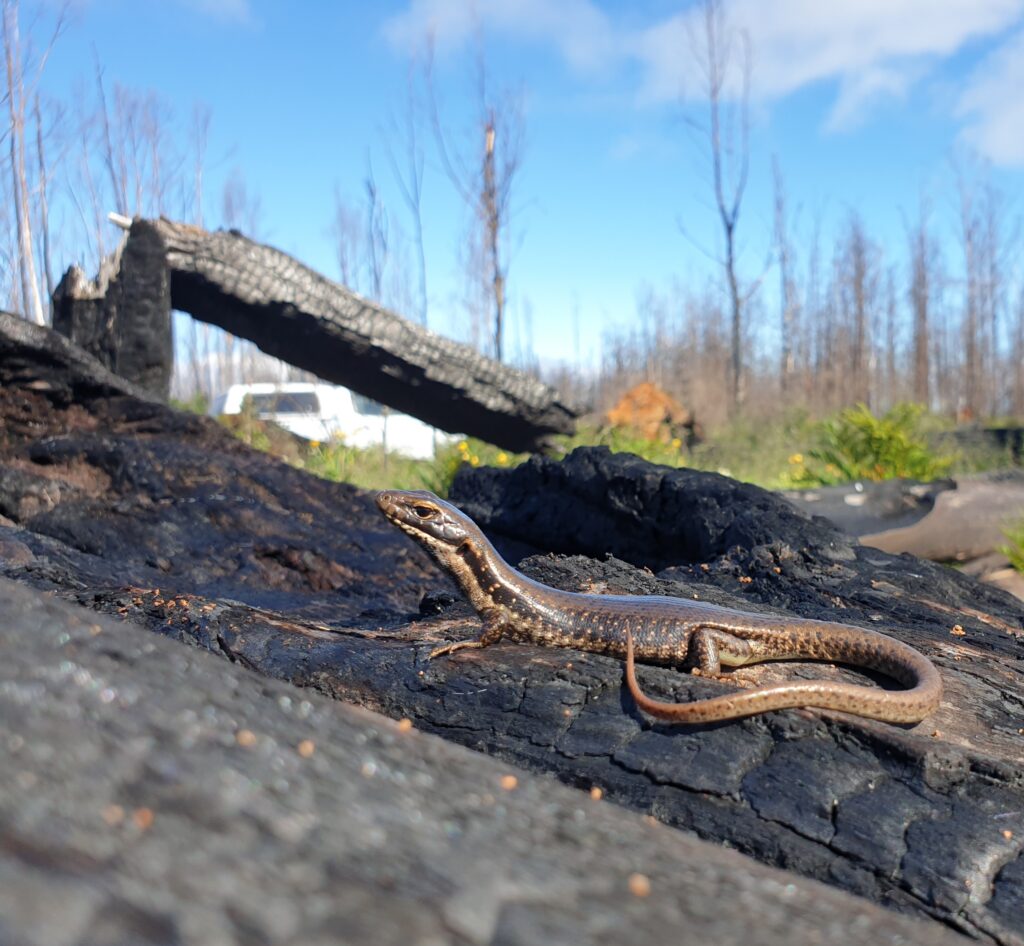Mass extinction events on Earth have witnessed a few winners and many losers. In the current era of ongoing climate change, predicting which species will be winners or losers can help develop research and management priorities for conservationists.
Marine wildlife in Antarctica is currently experiencing some of the strongest and most rapid environmental changes. Brian Morley and colleagues at the UK British Antarctic Survey looked for effects of environmental change on different ectotherms (animals dependent on external sources of body heat; for example, sea stars, clams and crabs) and endotherms (animals that generate body heat internally; for example, penguins, seals and whales).
They observed that “winning” ectotherms were predators and scavengers that fed on already dead animals or food particles settling on the seafloor. These species were more likely to benefit, or have no response, during conditions such as decreasing sea ice, warming oceans, and retreating glaciers. On the other hand, “losing” ectotherms were more sensitive to outcomes of climate change, including ocean acidification, the impact of icebergs on the seafloor, and increasing sediment. However, they also observed that this delicate balance between “winners” and “losers” could change if key prey species were lost.
King penguins (endotherms) feed on fish which are likely to increase as sea ice is reduced, and can be classified as winners. However, emperor penguins, which also prey on fish, are vulnerable to this change due to the loss of breeding habitat as sea ice reduces and ice shelves break up. Strikingly, although Adélie and chinstrap penguins are less likely to lose their habitat, they may still be at risk as their krill prey is a “losing” ectotherm. In this manner, food availability played a vital role in which species became winners or losers.
In addition to climate-related changes, animals in Antarctica might also have to cope with invading species and less prey. More information about the complex relationships between environmental factors, food web dynamics, and human impacts, is needed to better understand how Antarctic marine species will fare during climate change.
Further Reading
Morley, S.A., D.K.A. Barnes & M.J. Dunn. 2019. Predicting which species succeed in climate-forced polar seas. Frontiers in Marine Science 5: 507. doi: 10.3389/fmars.2018.00507

